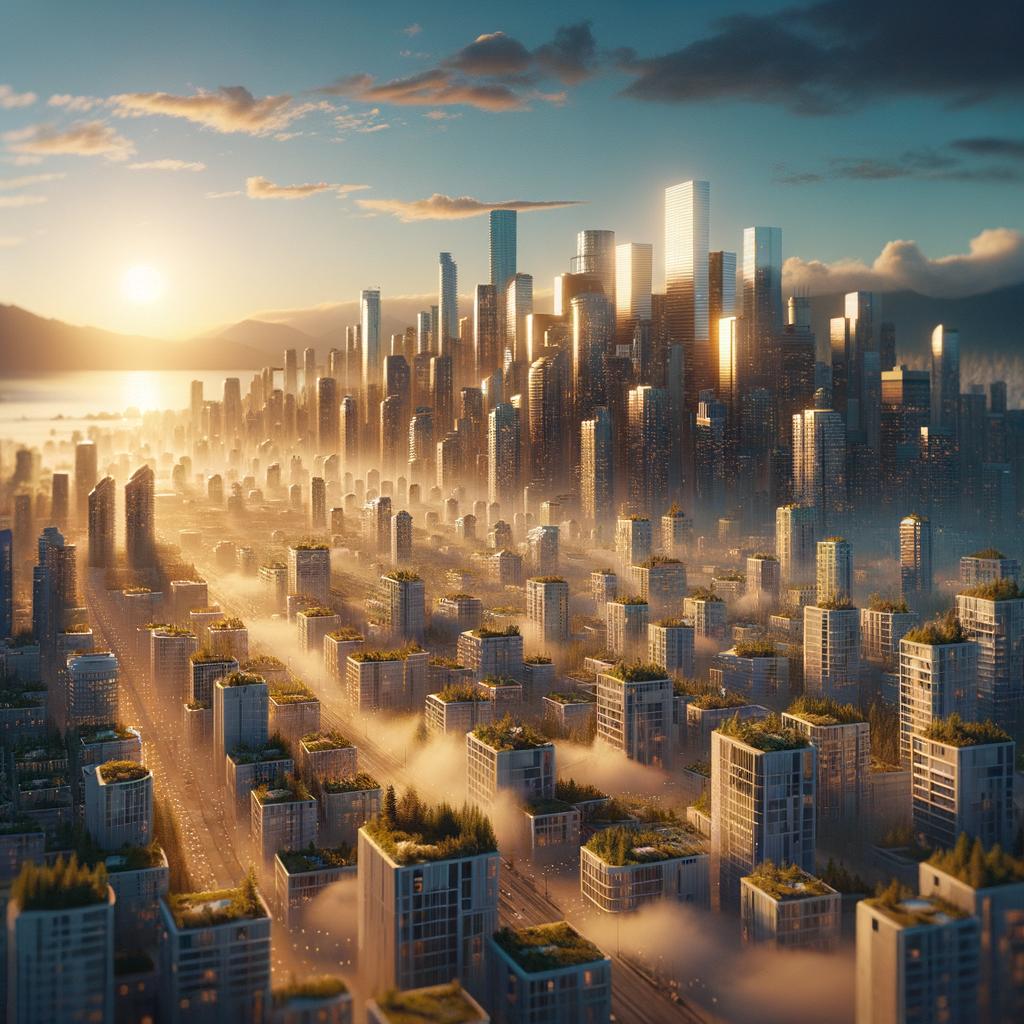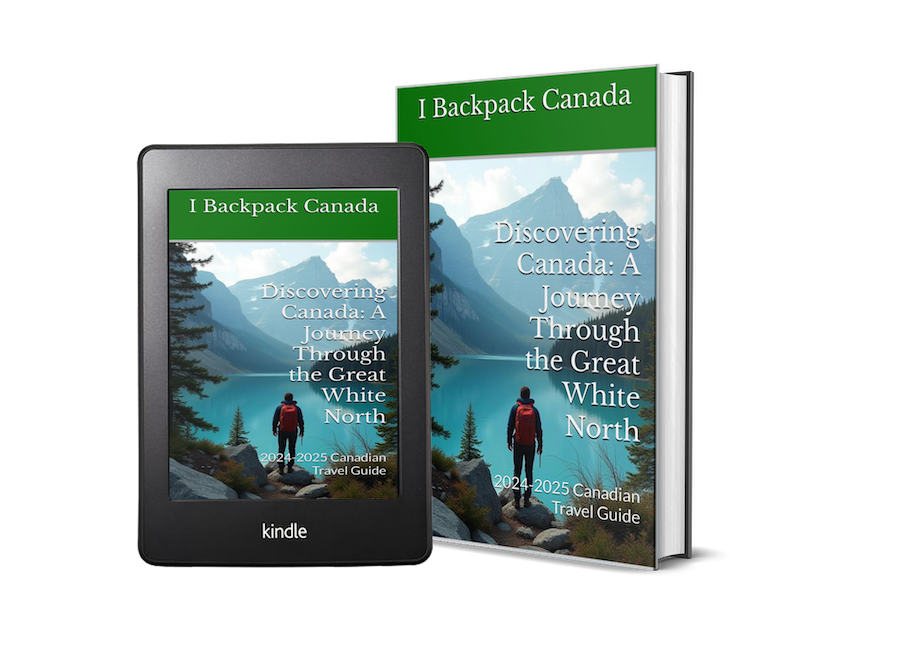Vancouver 2025 Sustainable City Life
Posted on June 29, 2025 • 4 minutes • 815 words
Table of contents
Vancouver is on the brink of a transformative journey toward becoming a sustainable city by 2025. This vibrant metropolis, nestled between the mountains and the Pacific Ocean, is already known for its stunning natural beauty and diverse culture. Yet, in the face of climate change and urban challenges, Vancouver is stepping up its commitment to sustainability. As we look ahead, the city is poised to implement innovative solutions that will enhance the quality of life for residents and visitors alike while protecting the environment. From green building initiatives to sustainable transportation, let’s explore what makes Vancouver a model for sustainable urban living.
Vancouver’s Vision for Sustainability
Vancouver’s commitment to sustainability is framed by its Greenest City Action Plan, which outlines ambitious goals. The plan focuses on reducing carbon emissions, promoting green spaces, and enhancing the overall livability of the city. By 2025, Vancouver aims to be the greenest city in the world, making strides in renewable energy, sustainable waste management, and eco-friendly transportation solutions.
Green Building Initiatives
One of the cornerstones of Vancouver’s sustainable city life is its emphasis on green building practices. The city encourages the use of sustainable materials and energy-efficient designs in both residential and commercial construction. Many new developments are being built to meet LEED (Leadership in Energy and Environmental Design) standards, which promote environmentally responsible building practices.
Retrofitting older buildings is also a priority, ensuring that existing structures meet modern energy efficiency standards. This not only helps in reducing overall energy consumption but also preserves the city’s architectural heritage.
Public Transportation and Active Mobility
Vancouver is investing heavily in its public transportation system, making it easier for residents to choose eco-friendly commuting options. The expansion of the SkyTrain system and the addition of bus rapid transit routes are key components of this initiative. Increased access to public transport encourages individuals to leave their cars behind, which reduces traffic congestion and lowers greenhouse gas emissions.
Active transportation options, such as cycling and walking, are also being prioritized. The city is expanding its network of bike lanes and pedestrian-friendly pathways, making it safer and more convenient for residents to explore their neighborhoods without relying on motor vehicles.
Renewable Energy Adoption
Transitioning to renewable energy sources is crucial for Vancouver’s sustainability goals. The city is promoting solar energy initiatives, encouraging residents and businesses to install solar panels. Community solar projects are being developed to provide access to renewable energy for those who may not have the means to install their own systems.
In addition to solar power, Vancouver is exploring other renewable energy options, including wind and hydroelectric power. By investing in these clean energy resources, the city aims to significantly reduce its carbon footprint and reliance on fossil fuels.
Urban Green Spaces
Creating and maintaining green spaces is essential to Vancouver’s vision of a sustainable city. Parks, community gardens, and urban forests contribute to biodiversity, improve air quality, and provide residents with areas for recreation and relaxation. The city is committed to increasing the number of green spaces and enhancing the existing ones, making them more accessible to residents.
The integration of green roofs and vertical gardens in urban developments is also gaining traction. These initiatives not only beautify the city but also help with stormwater management and urban heat reduction.
Waste Management Innovations
Vancouver is taking significant steps to tackle waste management through innovative recycling and composting programs. The city has implemented a Zero Waste strategy, aiming to divert 80% of waste from landfills by 2025. This involves increasing public awareness about recycling, providing more accessible waste disposal options, and encouraging businesses to adopt sustainable practices.
Composting programs are particularly noteworthy, allowing residents to compost organic waste, which reduces the volume of garbage sent to landfills and produces nutrient-rich soil for local gardens.
Community Engagement and Education
Engaging the community is a vital aspect of Vancouver’s sustainable city life. The city is actively involving residents in sustainability initiatives through workshops, educational programs, and volunteer opportunities. By fostering a culture of sustainability, Vancouver empowers individuals to make conscious choices that contribute to a healthier environment.
Local organizations and community groups are also playing a significant role in promoting sustainability. They work collaboratively with the city to provide resources and support for residents looking to adopt more sustainable practices.
The Future of Vancouver: A Model for Other Cities
As Vancouver continues to implement its sustainability goals, it sets an example for cities around the globe. The commitment to green building, sustainable transportation, renewable energy, urban green spaces, and waste management innovations showcases the possibilities of a sustainable urban future.
With a strong focus on community involvement and education, Vancouver demonstrates that the transition to a sustainable city is not only achievable but essential for future generations. As we approach 2025, the world will be watching Vancouver to see how its ambitious vision unfolds, paving the way for a greener, more sustainable urban experience.





